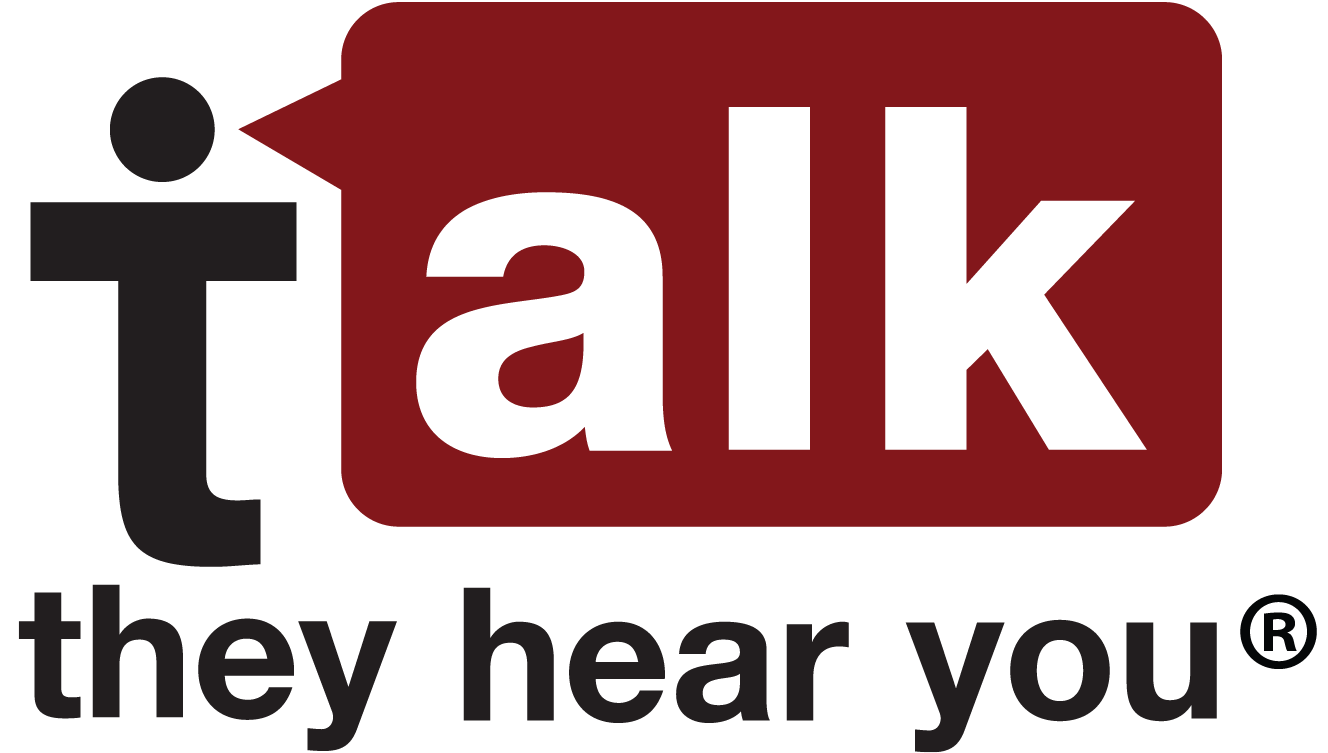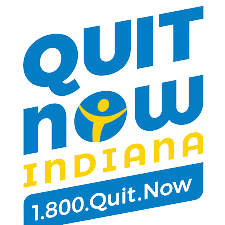Stories and Successes |
|
8/26/2019 0 Comments Summer Months and Drug UseMarijuana Use Doubles in U.S. Pregnant Women to 1 in 14
An article published by the Associated Press, quotes a study by the American Medical Association, showing evidence that 7% of pregnant women, or 1 in 14, said they used marijuana in the past month, most commonly in the first trimester. The data came from an analysis of the National Survey on Drug Use and Health between 2002 and 2017, which involved nearly half a million women. In the article, National Institute on Drug Abuse (NIDA) Director Dr. Nora Volkow warns about the dangers of marijuana use during pregnancy, saying "it's not worth the risk." (cadca.org, 6/20/19) New study shows teens who abuse opioids are more likely to later use heroin A University of Southern California study, published in JAMA pediatrics, highlights the association between prescription opioid use and heroin. The study found that adolescents and teens who use prescription opioids are more likely to start using heroin by high school graduation. The study followed more than 3,000 freshmen from 10 Los Angeles area high schools through their senior years, and were asked about previous and use of prescription painkillers to get high. The study found that 13 percent of current opioid users and 10 percent of former opioid users switched to heroin by the end of high school, leading to the conclusion that adolescents need to be considered, and not overlooked, when discussing the opioid epidemic. (Indiana State Department of Health, 7/16/19) People are more likely to try drugs including cocaine, ecstasy, molly and marijuana in the summer than in any other season, according to a new study. Researchers at the NYU School of Medicine found more than one-third of LSD use and about 30% of ecstasy and marijuana use starts in the summer, CNN reports. About 28% of cocaine use also begins during summer months, the researchers report in the Journal of General Internal Medicine. (drugfree.org, 7/28/19) Counterfeit pills laced with fentanyl Recently, a number of people have lost children to counterfeit pills laced with fentanyl. While it didn’t make the newspapers like the fentanyl-related deaths of Mac Miller and Tom Petty, it was no less of a tragedy. Many of the substances sold on the street are laced with “cutting agents,” more potent substances or disguised as another drug altogether. These can be laundry detergent, talcum powder or rat poison. For example, marijuana can be laced with embalming fluid, or the hallucinogen PCP. But one of the most dangerous is fentanyl, a synthetic opioid that is 50 to 100 times more powerful than morphine. Fentanyl is showing up in cocaine, heroin, other pain medications like Percocet and Oxycodone, and in prescription anxiety medications like Xanax. According to a CDC report, deaths related to fentanyl increased 45% in 2017 alone. Synthetic drugs are often more deadly not only because of how strong they are, but also because of the ever-changing ways in which they are blended into other substances. This makes it difficult for people to know not only what they are taking, but also the strength of the drug. Many families wonder why anyone would lace a product with a substance like fentanyl, given it’s so powerful and can easily cause an overdose. After all, who would knowingly promote a product that has the potential to kill their buyers? The answer lies in economics. It’s cheaper to produce, and when combined with other sought-after substances, can generate huge profits, despite the risk of overdose and loss of life. While measures are being taken to safeguard the country, there are actions you as a parent or caregiver can take to protect and reduce the risks loved ones may face:
0 Comments
Leave a Reply. |
AuthorMultiple Authors including coalition staff, board members, and coalition members contribute to this page. Archives
March 2023
|
Location100 N. Meridian Street
Portland, Indiana 47371 |
About UsThe Jay County Drug Prevention Coalition (JCDPC) is part of the statewide network of the Indiana Commission to Combat Drug Abuse. The JCDPC is the Local Coordinating Council (LCC) for the community.
Contact UsGeneral Info:
(260) 251-3259 [email protected] Recovery Info: [email protected] Prevention Info: [email protected] |
|

 RSS Feed
RSS Feed

